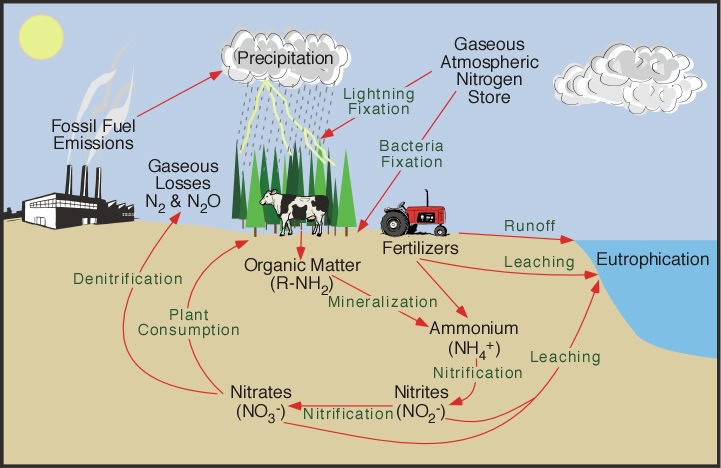Everyone thinks of changing the world, but no one thinks of changing himself.I've seen this sentiment written a hundred times, usually attributed to Leo Tolstoy. It struck me on the train this morning that this has been the central environmental problem of the United States, and possibly of the world.
I know, as likely does the reader, scores of people who lament the problems of the world in a class or over drinks, but never make the connection of actually doing something. Maybe they feel overwhelmed by the scope of the problem, and maybe they feel alienated by activists and zealots who feel comfortable sitting in judgment. Perhaps they are simply confused by outlandishly complicated subjects like geophysics and materials engineering. And, I was reminded this weekend, while volunteering for a local environmental group, that some people are simply red-faced cranks who prefer to complain than to act.
The time for enviro-cliques, good-guys, bad-guys, apathy, and loud-mouthed crankery are at an end. I’ll leave the lid on the climate can of worms. Instead, I’ll assert that everyone can agree that there are environmental problems, whether that’s unsafe chemicals leaching into an aquifer, or a dearth of rainbow trout to catch and eat with capers, sage, and lemon.
 The first step in overturning Tolstoy’s conundrum is to stop thinking of oneself as a closed system. This is a sometimes-useful, though not altogether accurate, intellectual construct.
The first step in overturning Tolstoy’s conundrum is to stop thinking of oneself as a closed system. This is a sometimes-useful, though not altogether accurate, intellectual construct.Every living thing we know to exist or to have existed has relied upon a roughly fixed set of resources we share. Each living thing (and a host of physical processes) enacts changes on those resources, sometimes making them appear new. However, with only tiny additions and subtractions, the amounts remain the same.

In this sense, changing the world and changing oneself are the same thing. Drawing from the same collective of inputs and outputting into the same commons means that every action one takes affects others and is at the same time influenced by others. By reducing the impact of these inputs and outputs the individual changes self and world at once.

3 comments:
Hi ERD...this is always the problem with the collective psychology, it's very hard to get everyone on the same page. Some champions of intelligent change like Al Gore are reaching a wider audience of consensus, but there will always be naysayers, critics and generally contrarian people to contend with.
Is it wrong that the line, "dearth of rainbow trout to catch and eat with capers, sage, and lemon" made me forget all about my personal environmental responsibilities?
I just drooled on the keyboard.
Charise,
The crime would be if you pass-up eating it with sweet potato polenta, baby green beans with toasted pecans and olive oil, and a glass of Trimbach gewürztraminer (2004).
Tree-plantings and stream clean-ups are both great and not-at-all time-consuming ways to make sure there are plenty of healthy fish for you and your kids to eat.
-erd
Post a Comment